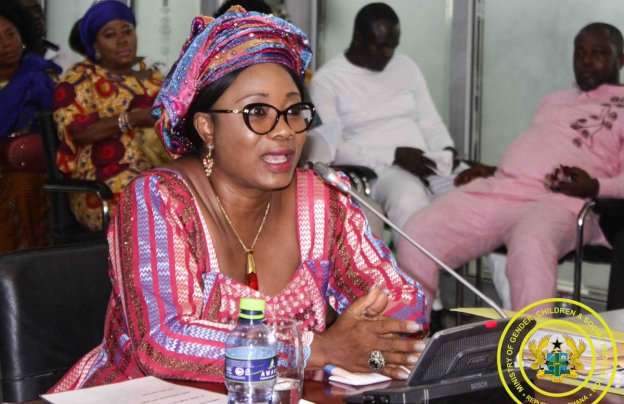Dr Patrick Kuma Aboagye, the Director-General of the Ghana Health Service, says three COVID-19 patients are currently on ventilators and receiving treatment at various isolation health centres.
Health experts have said COVID-19 patients are put on ventilators when their medical condition is critical and have suffered debilitating lung damage and lacked sufficient oxygen in the blood.
Speaking at a media briefing in Accra on Tuesday to provide an update on COVID-19 cases, Dr Aboagye said, initially four patients were on ventilators, but one patient’s medical condition improved and was removed from it.
Meanwhile, Dr Ebenezer Badu-Sakodie, Director of Public Health, Ghana Health Service, giving statistics on the age brackets of persons infected by the virus, said persons between 25 and 34 were the highest number to have been infected; 15 to 24 age group were the least affected, while some persons above 60 years have also recorded positive cases.
On gender, he said, males had recorded more positive cases for the virus compared to their female counterparts.
Ghana’s confirmed cases for COVID-19 now stands at 287 as at April 6 at 2300 hours, with five deaths, 155 responding to treatment, 49 discharged and three persons fully recovered from the disease.
On regional breakdown, 256 cases have been recorded in the Greater Accra, 18 in Ashanti, 10 in Northern and one case each in the Eastern, Upper West and Upper East regions respectively.
There are 115 cases from the mandatory quarantine and 172 routine surveillance and enhanced testing.
Mr Kwaku Agyeman-Manu, Ghana’s Health Minister, explaining the reasons for the surge in the number of COVID-19 cases, said after about 15,000 samples of those who had come into contact with persons who tested positive, 7,461 tests run showed that 14 persons were positive.
The Health Minister said Government has made available 15 Aayololo buses to convey nurses in the lockdown areas-Accra, Tema, Kasoa and Kumasi, especially to routes leading to hospitals and polyclinics.
He entreated all Ghanaians to continue observing the safety and hygiene protocols by ensuring frequent washing of hands with soap under running water, covering one’s mouth when coughing and sneezing, using alcohol-based hand sanitizers and avoiding contact with wild animals.
All the measures and interventions are intended to achieve five strategic objectives: limit and stop the importation of the virus, detect and contain the spread of the virus, enhance contact tracing and testing of the virus, care for the sick, minimizing the impact on economic and social lives and boosting domestic capability and deepen our self-reliance.
Source: GNA | Ghana

















